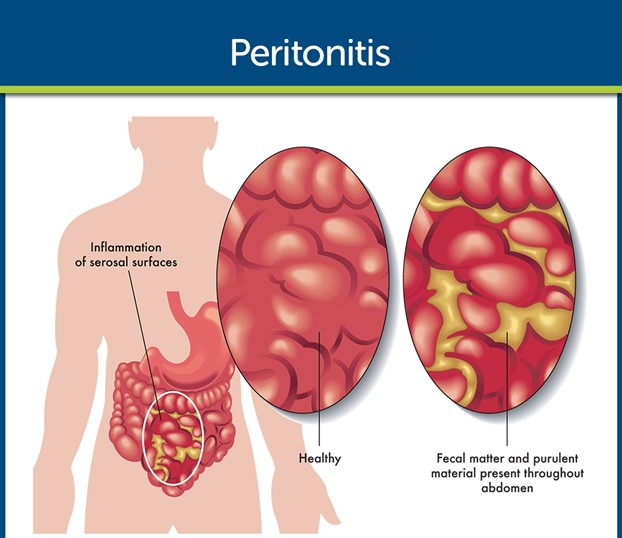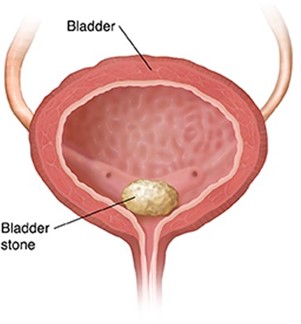During a pharmacology class, the students are told that some drugs need to be closely monitored. What aspect should the nurse closely monitor for in clients who have been administered salicylates, loop diuretics, quinidine, quinine, or aminoglycosides?
Impaired facial movement.
Signs of hypotension.
Tinnitus and sensorineural hearing loss.
Reduced urinary output.
The Correct Answer is C
Tinnitus and sensorineural hearing loss. Salicylates, loop diuretics, quinidine, quinine, or aminoglycosides can cause ototoxicity, which includes tinnitus (ringing in the ears) and sensorineural hearing loss. Therefore, the nurse should monitor the client for auditory changes and report them to the healthcare provider immediately.
Option A, impaired facial movement, is incorrect because it is a sign of facial nerve paralysis, which can occur due to Bell's palsy, stroke, or brain injury.
Option B, signs of hypotension, is incorrect because it can be caused by antihypertensive drugs or dehydration, not the drugs listed.
Option D, reduced urinary output, is incorrect because it can be a sign of acute kidney injury or dehydration, not the drugs listed.
Nursing Test Bank
Naxlex Comprehensive Predictor Exams
Related Questions
Correct Answer is C
Explanation
Peritonitis. The assessment findings of an absence of bowel sounds and a very rigid abdomen in a client with severe abdominal pain, nausea, and vomiting are indicative of peritonitis. Peritonitis is an inflammation of the peritoneum, the thin tissue that lines the inner wall of the abdomen and covers most of the abdominal organs. The inflammation can occur due to an infection or other causes, and it can cause abdominal pain, nausea, vomiting, and a rigid abdomen. An absence of bowel sounds is also a characteristic finding of peritonitis.

A is not the correct answer because ulcerative colitis is a chronic inflammatory bowel disease that causes inflammation and ulcers in the colon and rectum.
B is not the correct answer because appendicitis is inflammation of the appendix, which can cause right lower quadrant abdominal pain, nausea, vomiting, and fever.
D is not the correct answer because diverticulitis is inflammation of one or more diverticula, which are small pouches that can form in the colon. It can cause left lower quadrant abdominal pain, fever, diarrhea, or constipation.
Correct Answer is B
Explanation
Low purine. Uric acid stones may form due to high levels of uric acid in the urine. A low purine diet that restricts meat, seafood, and alcohol may help to reduce uric acid levels in the body.

Option A: Low oxalate is not a correct answer as it is a diet recommended for those with calcium oxalate stones.
Option C: High sodium is not a correct answer as it may increase the risk of kidney stones by increasing urinary calcium excretion.
Option D: High protein is not a correct answer as it may increase the risk of kidney stones due to increased urinary excretion of calcium, oxalate, and uric acid.
Whether you are a student looking to ace your exams or a practicing nurse seeking to enhance your expertise , our nursing education contents will empower you with the confidence and competence to make a difference in the lives of patients and become a respected leader in the healthcare field.
Visit Naxlex, invest in your future and unlock endless possibilities with our unparalleled nursing education contents today
Report Wrong Answer on the Current Question
Do you disagree with the answer? If yes, what is your expected answer? Explain.
Kindly be descriptive with the issue you are facing.
